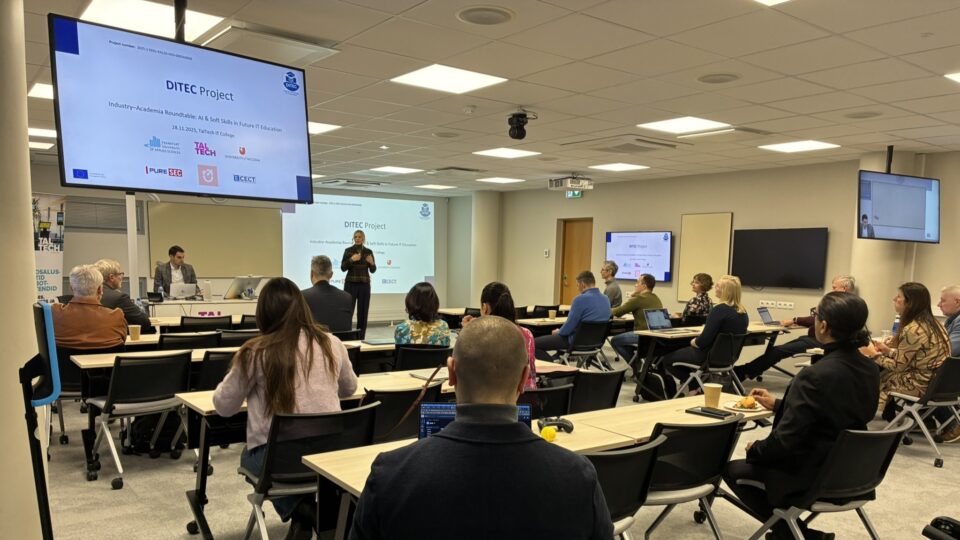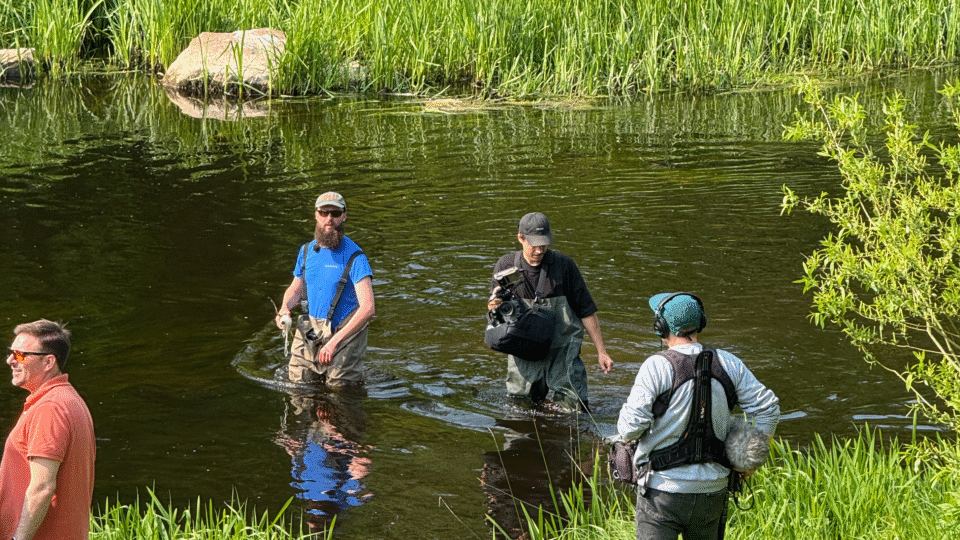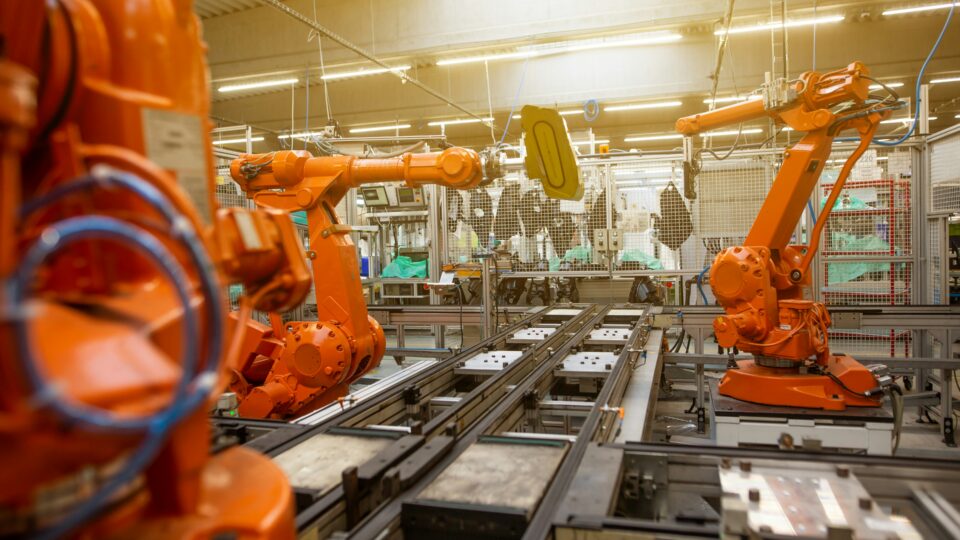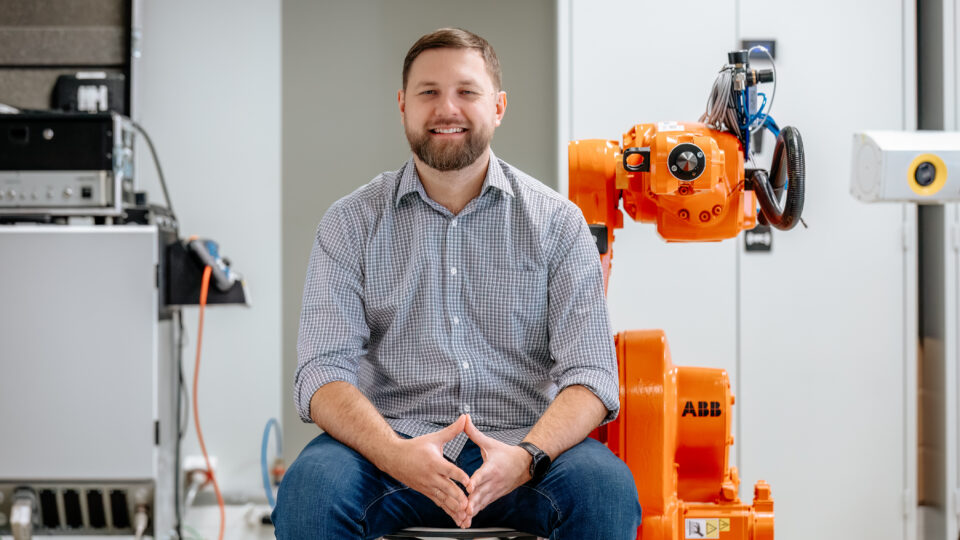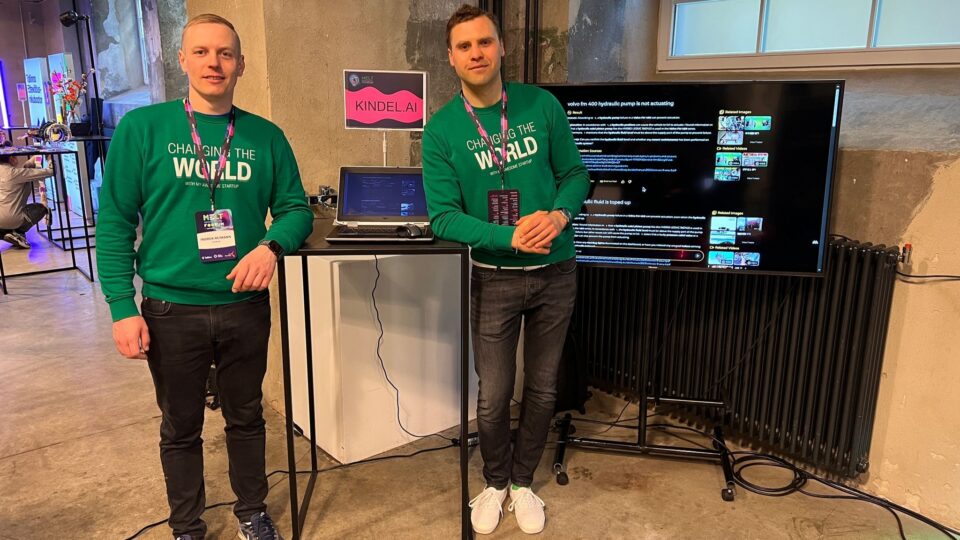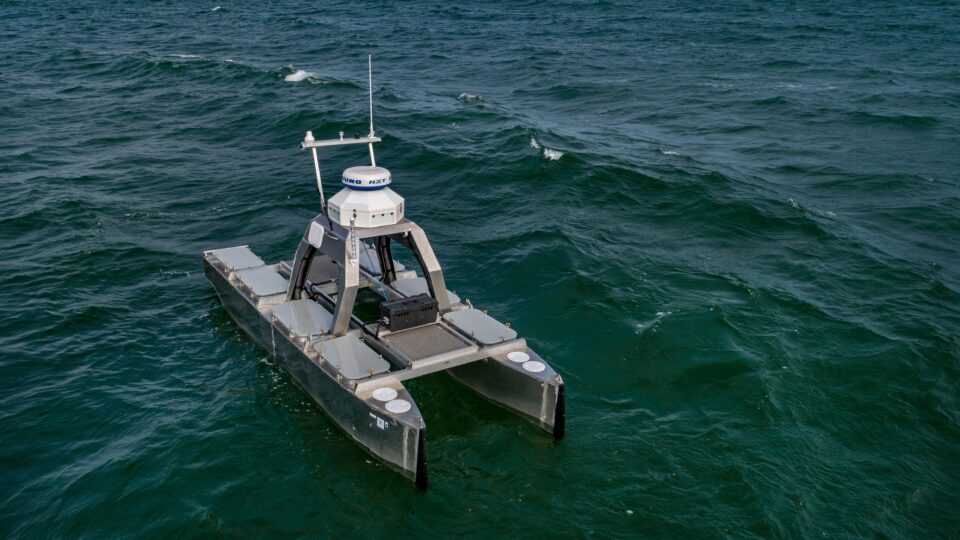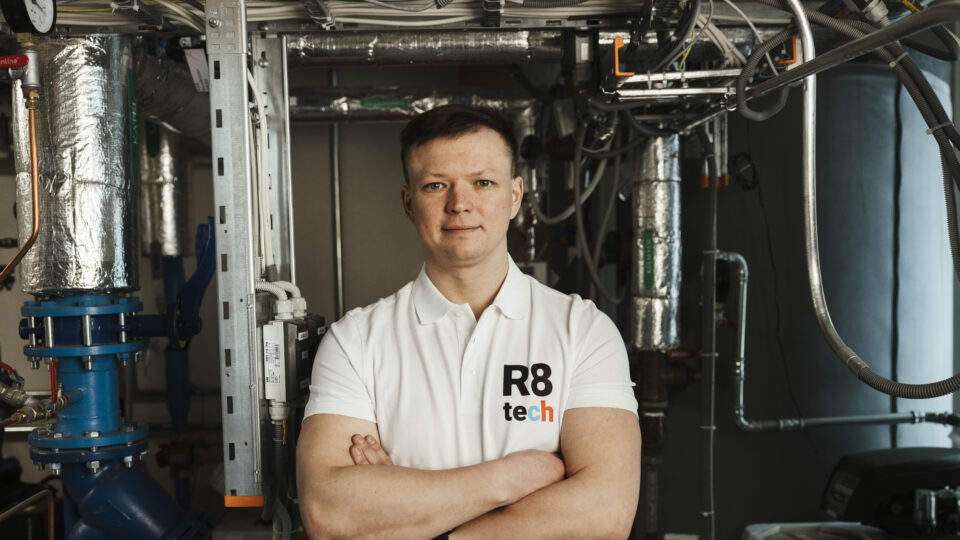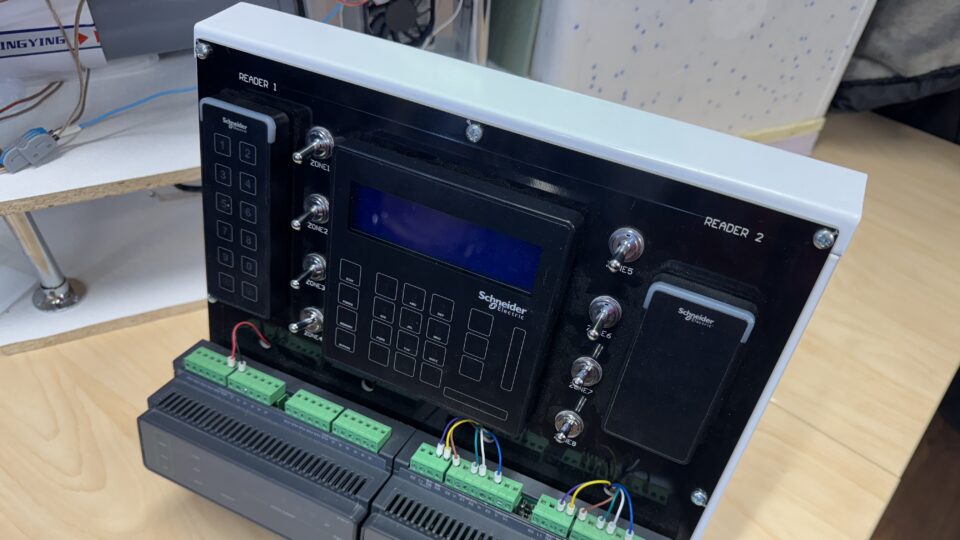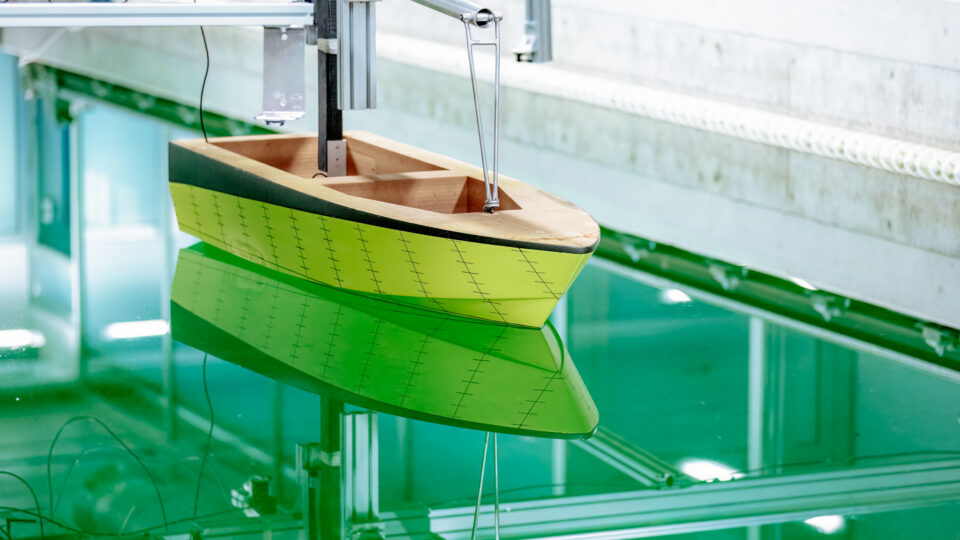Artificial intelligence is transforming how IT work is done, but according to Slavko Rakić, Research Professor at TalTech IT College, the most difficult challenges companies face today are often not technical at all. While universities focus heavily on tools and technologies, everyday work increasingly depends on communication, responsibility and ethical judgement.
scientific collaboration
TalTech’s direct current innovation workshop brought together the public sector, researchers, and entrepreneurs, all emphasizing one key point: the development of direct current (DC) is no longer confined to drawings and models, but is rapidly making its way into real buildings, streets, chargers, and data centres. The technology is already there – what is needed now is decisiveness.
When British wildlife photographer Jack Perks visited TalTech, it wasn’t just a guest lecture or a quirky nature story – it was a significant step in redefining how technology and ecology intersect. His visit bridged underwater fieldcraft with cutting-edge AI, helping fine-tune TalTech’s fish monitoring systems and inspiring the next generation of students to see IT as more than just code.
Andri Haran, the CEO of The Federation of Estonian Engineering sees great potential in the future of smart industry but acknowledges that the progress towards digitalization and automation in Estonian industry is uneven.
Collaboration between humans and machines is no longer a vision of the future – it is happening here and now. Robots are lending a helping hand in therapy, digital twins are taking their place in factories, and the line between science and everyday life is becoming increasingly blurred with each passing day.
The Estonian startup KindelAI, co-founded by TalTech alumnus Andrei Aksjonov, believes the era of mechanics fumbling in the dark under the hood is coming to an end. KindelAI is developing a car diagnostics solution where decisions are no longer based on gut feeling but on data-driven artificial intelligence.
The Estonian deep-tech company MindChip, the first official spin-off from TalTech, is developing an AI-powered autonomous captain – an intelligent system capable of independently navigating a vessel, assessing situations, and responding to the surrounding environment.
The Estonian startup R8 Technologies has created a virtual colleague who keeps buildings warm, wallets full, and energy consumption under control.
Collaboration with Schneider Electric Eesti AS is elevating the education at TalTech’s Tartu College to a new, more hands-on and real-world level.
The hydrodynamics laboratory at Kuressaare College Marine Technology competence centre houses the only specialised model testing basin in the Baltic region, with impressive dimensions: 60 metres long, five metres wide, and three metres deep.
